What foods best optimize male hormones for strength & vitality?
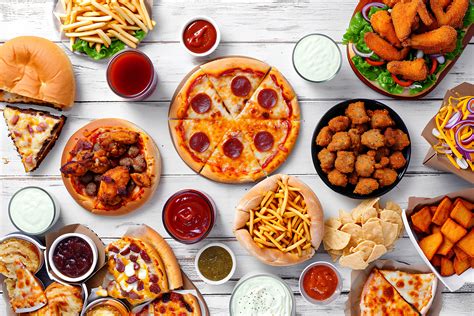
The Foundation of Male Hormonal Health: It Starts on Your Plate
For men, optimal hormone levels – particularly testosterone – are crucial not just for building muscle and maintaining strength, but also for energy, mood, libido, and overall vitality. While factors like sleep, exercise, and stress management play significant roles, diet stands as a cornerstone in regulating these vital chemical messengers. Eating the right foods can provide the essential building blocks and cofactors your body needs to produce and balance hormones effectively.
Let’s dive into the specific food groups and nutrients that are powerhouses for male hormone optimization.
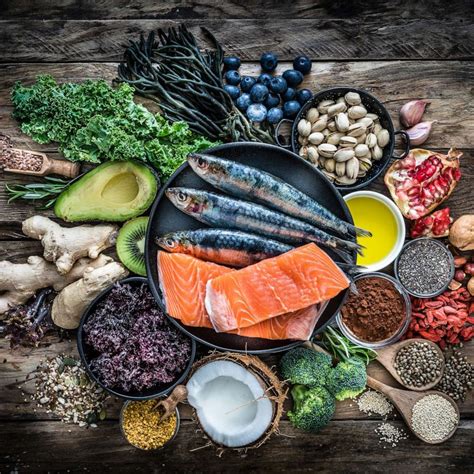
Healthy Fats: Essential Hormone Precursors
Contrary to outdated advice, healthy fats are not your enemy; they are absolutely vital for hormone production. Cholesterol, derived from dietary fats, is the primary precursor for all steroid hormones, including testosterone. Without adequate healthy fats, your body struggles to synthesize these crucial compounds.
- Avocados: Rich in monounsaturated fats, vitamin B6, and folic acid, avocados support overall hormonal balance.
- Olive Oil: A staple of the Mediterranean diet, extra virgin olive oil is packed with monounsaturated fats and antioxidants that may support testosterone levels.
- Nuts and Seeds: Almonds, walnuts, chia seeds, and flaxseeds provide healthy fats, magnesium, zinc, and omega-3 fatty acids, all beneficial for hormone health.
- Fatty Fish: Salmon, mackerel, and sardines are excellent sources of omega-3 fatty acids, which have anti-inflammatory properties and are linked to improved hormonal function.
Zinc-Rich Foods: The Testosterone Mineral
Zinc is a trace mineral that plays a critical role in numerous bodily functions, including immune function, cell division, and, most notably, testosterone production. Studies have shown that even mild zinc deficiency can lead to decreased testosterone levels.
- Oysters: Often hailed as an aphrodisiac, oysters are one of the richest dietary sources of zinc.
- Red Meat: Beef, lamb, and pork provide a significant amount of zinc, along with protein and iron. Opt for lean cuts and consume in moderation.
- Pumpkin Seeds: A fantastic plant-based source of zinc, magnesium, and healthy fats.
- Legumes: Lentils, chickpeas, and beans also contribute to your zinc intake.
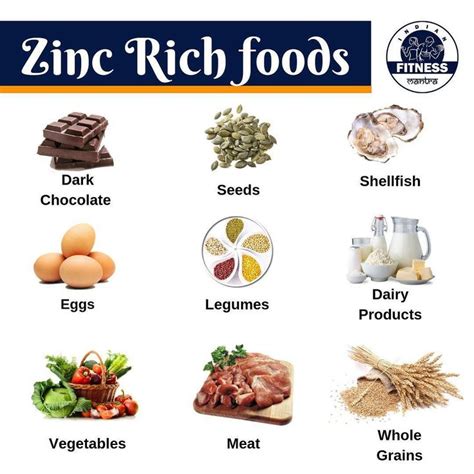
Vitamin D: The Sunshine Hormone Helper
Vitamin D, often called the ‘sunshine vitamin,’ functions more like a hormone within the body and is directly linked to testosterone levels. Sufficient vitamin D intake is crucial for healthy hormone synthesis.
- Fatty Fish: Salmon, tuna, and mackerel are natural dietary sources.
- Fortified Foods: Milk, orange juice, and cereals are often fortified with vitamin D.
- Egg Yolks: A small but significant source of vitamin D.
Cruciferous Vegetables: Estrogen Balance
While testosterone is central to male hormones, managing estrogen levels is also important. Some cruciferous vegetables contain compounds called indole-3-carbinol (I3C) and diindolylmethane (DIM) that help the body metabolize and excrete excess estrogen, thereby supporting a healthier testosterone-to-estrogen ratio.
- Broccoli: A powerhouse of nutrients and estrogen-balancing compounds.
- Cauliflower: Another excellent cruciferous choice.
- Brussels Sprouts: Known for their high fiber and beneficial compounds.
- Cabbage: Versatile and hormone-supportive.
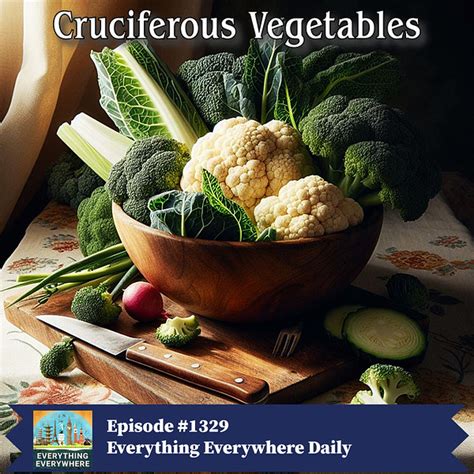
Antioxidant-Rich Foods: Protecting Hormonal Health
Oxidative stress can negatively impact hormone production and function. Foods rich in antioxidants help combat this damage, preserving cellular health and supporting optimal hormone balance.
- Berries: Blueberries, strawberries, raspberries are packed with antioxidants and vitamin C.
- Dark Leafy Greens: Spinach, kale, and Swiss chard offer vitamins, minerals, and antioxidants.
- Colorful Vegetables: Bell peppers, carrots, and sweet potatoes provide a range of beneficial compounds.
Protein Powerhouses: Building Blocks and Micronutrients
Adequate protein intake is essential for muscle growth and repair, which is directly linked to strength. Furthermore, many protein sources are also rich in key micronutrients vital for hormone production.
- Lean Meats: Chicken breast, turkey, and lean beef provide complete proteins and often zinc and iron.
- Eggs: A complete protein source, egg yolks also offer healthy fats, cholesterol (for hormone synthesis), and vitamin D.
- Legumes and Lentils: Plant-based protein sources that also contribute fiber and minerals.
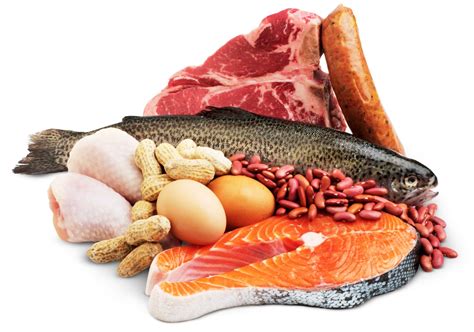
Foods to Limit or Avoid for Hormonal Health
Just as some foods boost hormones, others can hinder them. Limiting or avoiding these can be just as important:
- Processed Foods: Often high in unhealthy fats, sugar, and artificial ingredients that can disrupt hormone balance.
- Excess Sugar: Can lead to insulin resistance and inflammation, negatively impacting testosterone.
- Trans Fats: Found in many fried and processed foods, these are detrimental to overall health and hormone function.
- Excessive Alcohol: Can impair liver function and directly affect testosterone production.

Conclusion: A Holistic Approach to Hormonal Wellness
Optimizing male hormones for strength and vitality isn’t about magic pills or extreme diets. It’s about a consistent, balanced dietary approach that prioritizes nutrient-dense, whole foods. By incorporating healthy fats, zinc-rich foods, vitamin D sources, cruciferous vegetables, and ample protein into your daily regimen, you provide your body with the best possible foundation for robust hormonal health. Combine these dietary strategies with regular exercise, quality sleep, and stress management, and you’ll be well on your way to maximizing your strength, energy, and overall vitality.








